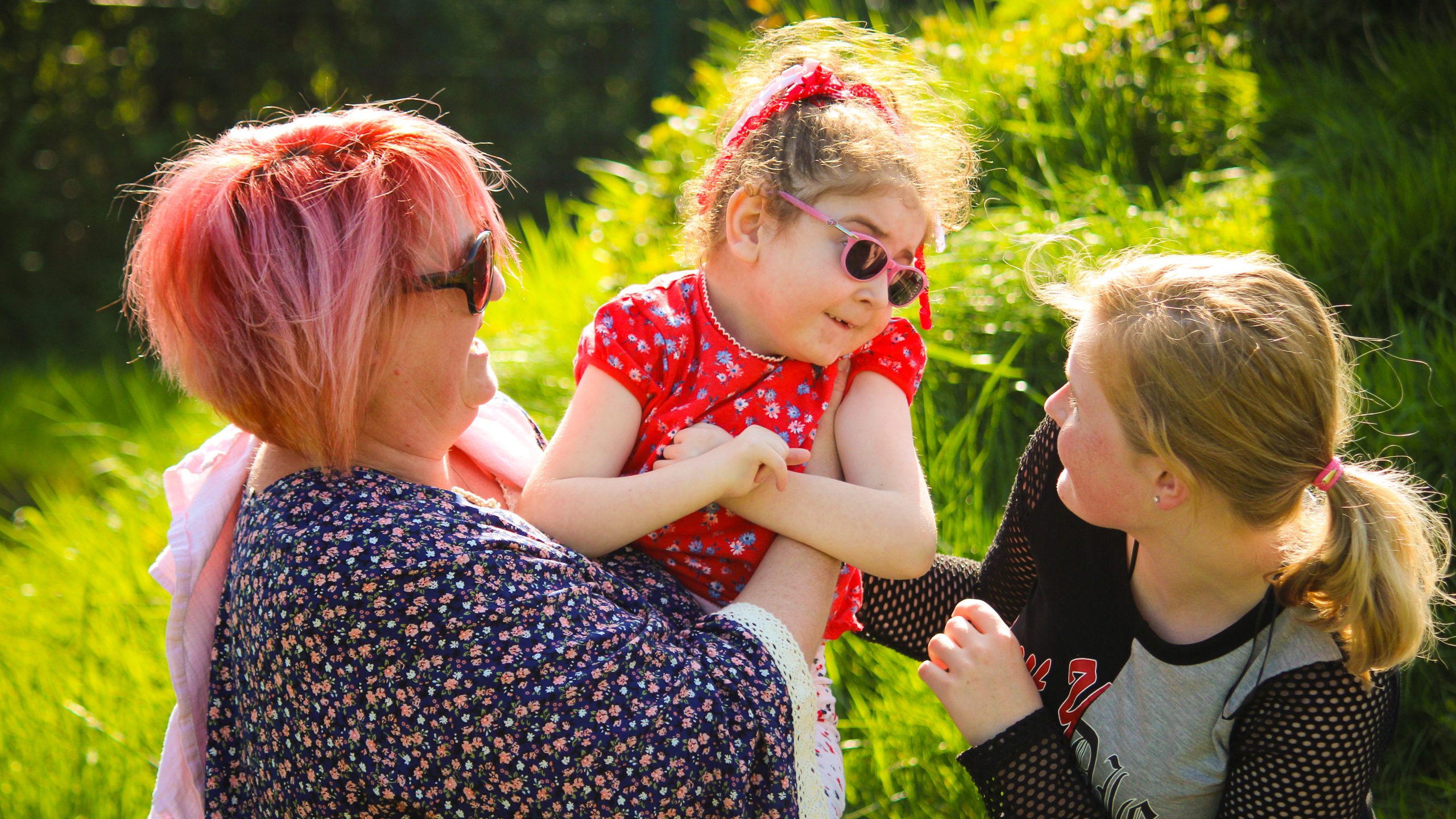

Rare Resources: Scotland
Rare Resources is an ambitious project to offer high-quality guides about rare, genetic and undiagnosed conditions across the UK. The campaign is a response to the gaps in information often reported by people starting their journey with a rare, genetic or undiagnosed condition
Rare Resources Scotland
Rare Resources Scotland is a project dedicated to supporting more than 400,000 people in Scotland affected by rare conditions.
Our Information and Support Officer provides high-quality information and direct support to:
- individuals living with genetic, rare, and undiagnosed conditions
- rare condition support organisations supporting people in Scotland
- healthcare professionals in Scotland
The project delivers the following services:
Rare Resources Toolkit
The Rare Resources toolkit has been produced by Genetic Alliance UK for individuals and families who have recently received a diagnosis of a genetic or rare condition, are on the journey to a diagnosis or who have been told their child’s condition is so rare they might not get a diagnosis.
The toolkit includes guides that explain how to access reliable information, care and support. They were developed in collaboration with people and families affected by genetic, rare and undiagnosed conditions.
- Guide for families in Scotland
- Genetic, rare and undiagnosed conditions explained
- The journey to diagnosis
- Using the NHS in Scotland
- Support and information for parents and carers
- Support and information for your child
- A guide for professionals
Rare Resources information days
Genetic Alliance UK are running a series of online and in-person information events across Scotland to support people and families living with rare and genetic conditions.
The online events include webinars and information sessions on supporting your wellbeing while living with a rare condition and information on support and diagnosis for adults, children and young people. There will also be sessions on how to navigate the NHS in Scotland and your rights as a patient.
See all upcoming Rare Resources events on Genetic Alliance UK’s eventbrite page.
Our in-person events will take place in:
- Aberdeen
- Inverness
- Dundee
- Edinburgh
- Glasgow
- Perth
Each event will include a talk by a healthcare professional from the local genetics service, explaining how to use genetic services in your area. There will also be opportunities to hear from local support organisations and connect with other people and families affected by rare conditions.
See all upcoming Rare Resources events on Genetic Alliance UK’s eventbrite page.
Genetics information events (in person)
We will be touring Scotland and joining up with local genetic centres to provide information on what to expect from genetic services.Come along and hear from the experts.
What’s covered?
- What are genetic services and how can they help you?
- Discover health and social care support available in your area.
- Meet other people and share your experience of rare conditions.
We are hosting sessions in:
- Inverness (UHI House) – Wednesday 11 March (13:00 – 15:00) – register to attend via eventbrite
- Edinburgh (Village Hotel) – Monday 23 March (10:00 – 12:00) – register to attend via eventbrite
- Dundee (Dundee Carers Centre) – Thursday 26 March (10:00 – 12:00) – register to attend via eventbrite
Rare Resources Webinars
Genetic Alliance UK will be hosting a series of free information events to help you connect with local services and get the answers you need.
Information webinars
Navigating NHS Scotland and your healthcare rights (Tuesday 3 February, 12:30 – 1:30)
This webinar will provide information to support people with genetic, rare and undiagnosed conditions living in Scotland to navigate the NHS and understand their healthcare rights. The session features expert advice from Fiona Tate (Patient Advice and Support Service).
Register to attend on eventbrite
Financial support and social security in Scotland (Wednesday 18 February (12:30 – 1:30)
This webinar will provide information about Scotland’s social security system and the support available to people with genetic, rare and undiagnosed conditions to help with personal finances and accessing grants to help with health and social care. The session will feature expert advice from Katy Palmer (Turn2Us).
Register to attend on eventbrite
Supporting your mental wellbeing
(Tuesday 10 March, 18:30 – 19:30)
This webinar will provide information about resources and support services available to support the mental and emotional wellbeing of people affected by genetic, rare and undiagnosed conditions. This session will feature a presentation by Lauren Roberts (Rareminds)
Register to attend on eventbrite
Brew and a Blether
We understand that living with a genetic, rare or undiagnosed condition can feel isolating.
Our online ‘Brew and a Blether’ sessions are designed to provide an informal setting to connect with other people living with rare conditions. Every month we will provide a warm and welcoming drop-in session where people can get together, share their experiences and receive informal support from their peers.
If you are interested in joining our Brew and Blether sessions, please contact rareresourcesscotland@
Follow Genetic Alliance UK on Eventbrite to be notified when we release dates for all Rare Resources Scotland events.
Top tips
Don’t be afraid to say ‘I don’t know’
It is not possible to know about every rare condition. Patients understand this and value honesty. Be honest about your level of knowledge and demonstrate that you are prepared to learn or ask others for help. This can help build trust and a positive relationship with your patient.
Listen
People with rare conditions often report that they are not listened to or that their concerns are dismissed. People with rare conditions are typically experts in their (or their child’s) condition and they are best placed to communicate how the condition affects them/their child and what their needs are.
Signpost to support groups
Wherever possible, assist families to access information and support from condition specific support organisations. Genetic Alliance UK can help you identify support organisations for your patients.
Communicate
Dealing with health and social care professionals can be a daunting experience. Help to build a positive relationship by communicating considerately and clearly; introduce yourself and explain your role in your patients care, avoid using jargon and consider using aids (such as diagrams or online videos) to describe complicated things. People can find appointments overwhelming and stressful, it is important to show empathy and understanding.
Coordinate care
Many patients with a rare condition require complex care from a range of different health professionals. It is in their best interest, and the best interest of those involved in their care, to ensure care is properly coordinated. Wherever possible, coordinate with other care providers and assist patients in obtaining a dedicated care coordinator and do not assume this is a job for someone else to do.
Consider the family
Having a child with a rare condition can significantly affect the lives of other members of the family. Consider the needs of parent carers and siblings in your interactions with the family – ask how they are coping or if there is any support they need. Where appropriate, signpost family members to sources of practical, emotional and financial support.
